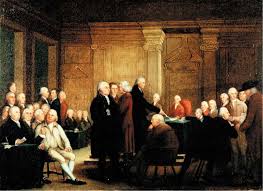When was the Civil Rights Act of 1964 passed?

1964
When was the Constitution created?
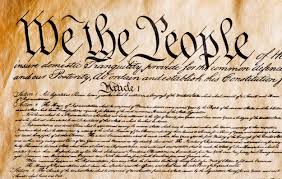
September 17th, 1787
Is Gerrymandering utilized in the government?
Yes, it has been proven gerrymandering is done all the time

Is freedom of religion a civil liberty in the US?
Yes
When was the Declaration of Independence published?

July 4th, 1776
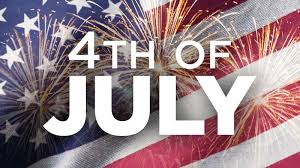
Who is most known for leading the Civil Rights movement?
Martin Luther King Jr
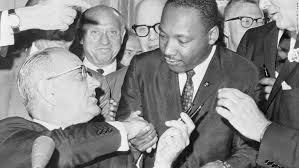
How many delegates signed the Constitution?

39
Why is gerrymandering used?
To rig elections in favor for a certain party

What covers amendments cover our civil liberties?

The Bill of Rights as well as the 13th, 14th, and 15th Amendments
What was the purpose of the Declaration of Independence?

To announce our separation from Britain
What did the Civil Rights Act of 1964 do?

Outlawed any discrimination based on race, gender, ethnicity
How many amendments are there?
27
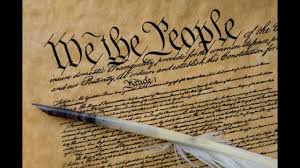
What is being manipulated during the act of Gerrymandering?

The borders that create the districts
What is a civil liberty that relates to your beliefs and ideology?

The freedom of religion
What unalienable rights does the Declaration of Independence refer to?
Life, Liberty, and the Pursuit of Happiness

What were the Jim Crow Laws?
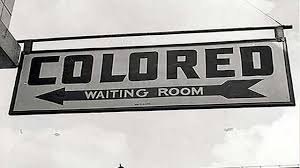
They were laws set in place that enforced racial segregation in Southern states
How many states had to ratify the Constitution for it to become an official document?

9 out of the 13 states
When was the first case of gerrymandering?

March 1812
Define Civil Liberties.
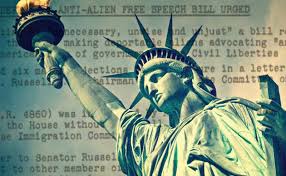
Civil Liberties are guarantees and freedoms the government is committed to not abridge without due process.
What was the main reason we chose to leave Britain?
Britain started to tax colonists which they thought was unfair.
How many days of a filibuster was utilized in the senate before the Civil Rights Act was passed?

54 total days
How many amendments did the original Constitution propose?
What party benefitted in the very first use of gerrymandering?
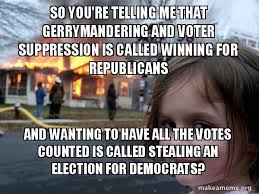
The Democratic-Rupublican party
Can Civil Liberties be taken away?
No, not without due process.

Who was the 1st person to sign the Declaration of Independence?
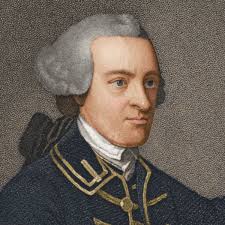
John Hancock
